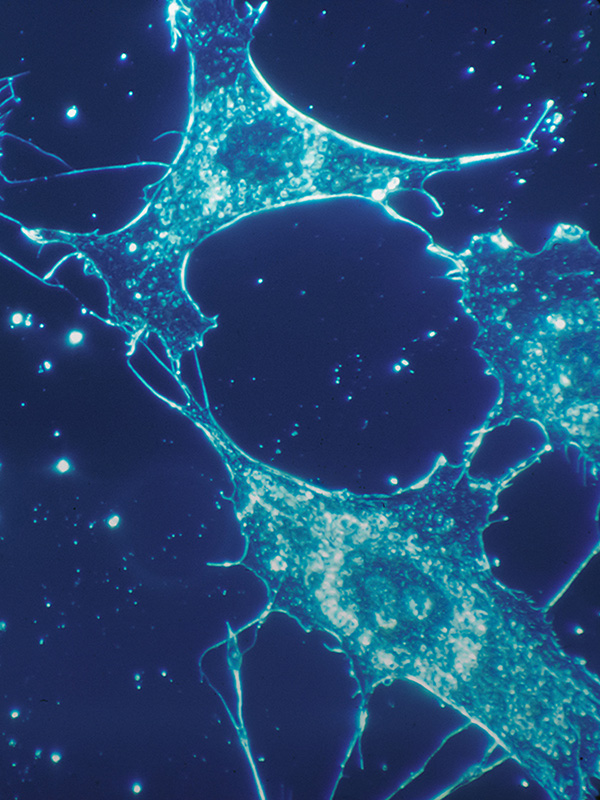Glutamine transport (ASCT2) inhibitors: V-9302 proven in-vivo by RāC℞ and 3rd parties in multiple human cancers. Currently pursuing a group of improved validated hits as ASCT2 inhibitors – weakening cancer cells and strengthening the immune system.

Value Focus
RāC℞ is optimizing a portfolio of highly specific and potent inhibitors of the glutamine transport, ASCT2.
Dr. Manning has reported development of V-9302, a small-molecule inhibitor of ASCT2.
Proven Cancer Targets in Animals
Colorectal
Pancreatic
Prospective Cancer Targets for Combination Therapy
Colorectal
Pancreatic
Lung
Glioblastoma
Hepatocellular
Triple-Negative Breast
Combination therapy in both cases was superior to either drug alone, V-9302 alone was superior to 5-FU alone.
The increased metabolic demands of tumor cells and activated T lymphocytes introduces competition for glutamine within the tumor microenvironment, creating a scenario in which tumor cells out-compete T cells for local glutamine.
Glutamine starvation of T cells significantly hinders T cell proliferation and cytokine production, making the immune system weaker in defense of cancer.
Glutamine dependent tumors will benefit therapeutically from inhibition of glutamine metabolism, improving anti-tumor T cell responses by reversing the tumor “glutamine steal” phenomenon.

